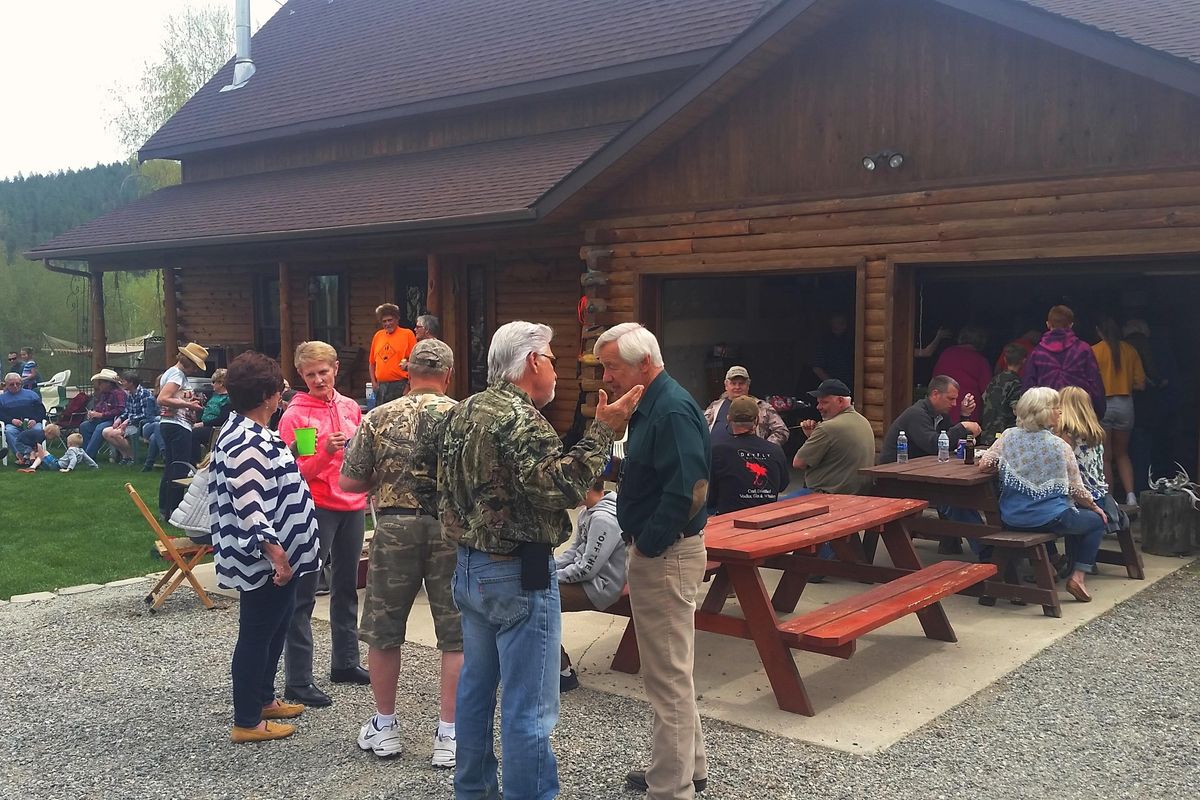Matt Liere: When Pandemonium rains

The little girl danced across the deck in her lilac-colored princess dress, hands clasped behind, purposely spinning the hemmed sequins to deflect the light of the setting summer sun. Her tongue furiously probed at the prominent gap in an otherwise perfect, toothy grin. She moved with the innocent grace of youth, as if she held not a care in the world. But she was anxious.
The air still held the acrid stench of a tainted campfire fouled with unnatural, residual odors. A nearly imperceptible, translucent cloud hovered just above the offending source 200 yards away, a twisted pile of charred debris that had been her neighbor’s house. On a late August afternoon, just three days prior, she watched it burn to the ground in less than 2 hours, devouring a bank of memories and possessions far exceeding her short eight years. Her mother mentioned she hadn’t slept in her own bed since.
A trip to the store for milk and brick of cheddar was time enough to transform 27 years, collected and contained within 1,900 square feet of log framing, to charcoal and ash. The dogs had miraculously survived, kenneled away from the inferno across the driveway, but little else escaped the pandemonium. Fire neither discriminates nor favors; it exists solely to consume and destroy.
Gone were the old beaver and raccoon skins, trapped and stretched in the company of a dear friend five decades past, hung on a cedar wall next to a pair of antique snow shoes and a .22 caliber rifle once employed by his 10-year-old father to eliminate gophers on the Liere farm. The wooden gumball machine, which provided entertainment and consternation for grandchildren and their parents alike, fell quickly to the flames, as did the bear skin, the caribou mount and African duck collection. The contents of the fireproof gun safe and lockboxes fared no better. All were converted to unrecognizable briquettes.
“This is the stuff that happens to other folks!” I heard Dad yell into a newly acquired cellphone – his first. “I lost my home and I’m not sure what I’m supposed to be doing or where to begin.”
He needn’t have worried.
Charlie stopped by my office to deliver handmade shad darts and an offer to gift his cherrywood dining table to Dad once he got resettled. When I asked how they knew each other, Charlie told me they’d never met but had chatted occasionally over email about fishing. He felt the urge to help.
A distant fan of Dad’s weekly column, read to him by another over ham radio, reached out to offer condolences, then graciously donated a cache of rods and tackle to help replenish Dad’s angling inventory.
The generosity continued. A student from his days as a high school English teacher stopped by and dropped off a computer.
“Mr. Liere (Alan) was the first person to believe in me,” she said. “I didn’t have much confidence in myself, or my writing, but he actually listened, and then advised. No one else had ever done that for me.”
She paused to collect herself.
“I’m a better person today because of your dad,” she said.
When she left, we were both in tears.
The little girl’s mother leaned over from her chair at the patio table to stop her daughter’s dizzying spin, and whispered something into her ear. The girl nodded, then slowly approached Dad with one arm forward, releasing the clutched object from her tiny fingers.
“I found this in the front yard of our house. I thought you might want it.”
Dad caught the floating page, immediately recognizing the singed cover of his second book. “… and pandemonium rained …”
He laughed and shrugged. “Story of my life, sweetheart. Thank you for bringing it home.”